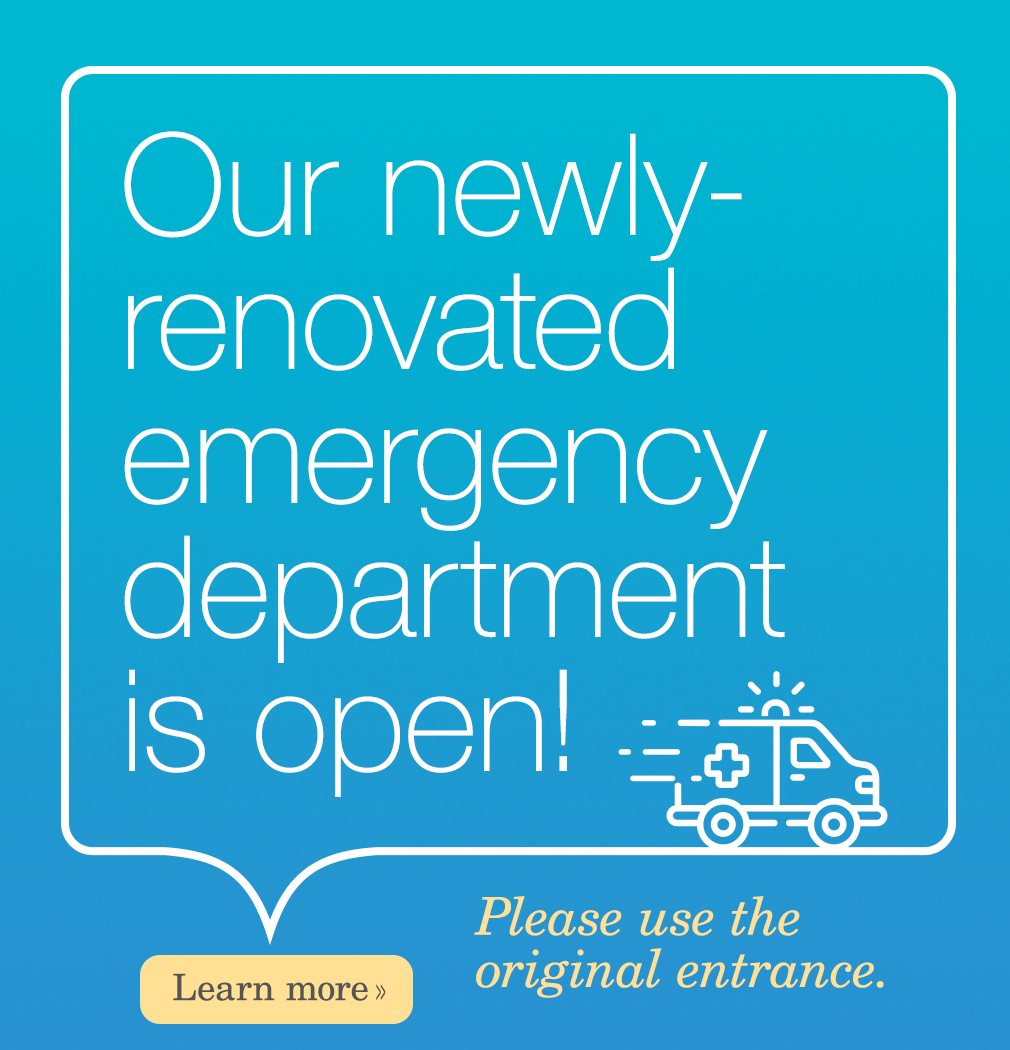Yes. The good news about high blood pressure (also referred to as hypertension) is that beyond the medicines which can help control it, there are straightforward healthy lifestyle habits which can reduce it – and even prevent it! High blood pressure was identified as one of the “high priorities” within our community’s 2012 Community Health Needs Assessment as it ranks among tobacco use, lack of physical activity, and obesity in our risk factors for preventable death. Our community is not alone in facing high blood pressure as a challenge, as the American Heart Association has shared that “Ninety percent of Americans adults are expected to develop high blood pressure in their lifetimes, and eating too much sodium is strongly linked to the development of high blood pressure.” “Ninety percent of Americans” is a staggering statistic, particularly for something which contributes to causing preventable death. Clearly, high blood pressure is something we should each be aware of and attentive to, as we work to improve our personal health and reduce our own health care costs. Fortunately, there are things we can each do to make a difference in our healthy by reducing our blood pressure.
One of the fundamental parts of any health improvement effort is a conversation with your Primary Care provider. Your physician or advanced practice provider can check your health status and help you with personalized recommendations. Have you seen yours in the past year? Do you know if your blood pressure is within normal limits? Maybe it’s time for that “annual” check-up you’ve been putting off! If you need help finding a Primary Care provider, call Janet in NMC’s Community Relations office at 524-1280 and she will help you get connected.
You can also take great strides towards healthier blood pressure by being attentive to how much salt (sodium) you consume in the foods you eat. It makes a surprising difference. American Heart Association materials say, “One estimate suggested that if the U.S. population moved to an average intake of 1,500 mg/day sodium from its current level, it could result in a 25.6% overall decrease in blood pressure and an estimated $26.2 billion in health care savings. Another estimate projected that achieving this goal would reduce deaths from cardiovascular disease by anywhere from 500,000 to nearly 1.2 million over the next 10 years.”
Isn’t that an amazing impact from something as seemingly simple as reducing how much salt we eat? Statistics show that about 12% of the salt in our foods is naturally occurring. About 13% comes directly from our hands as we cook our meals or use the salt shakers during mealtime. That’s an easy choice to keep in mind as we work on our health. Interestingly, 75% of the typical salt intake comes from processed foods and restaurant foods. That calls on each of us to be more attentive to what we are buying and how much salt it contains. And while you may have a fancy for salty foods, that too is in our control. I was intrigued to read that “Studies show that when people are given a lower sodium diet for a period of time, they begin to prefer lower-sodium foods and the foods they used to enjoy taste too salty.”
To help, the Heart Association has identified “the salty six” of the top six foods that contribute salt to our diets. While they do not necessarily taste salty, the salt they contain adds up significantly when eaten frequently. Can you guess the six? Here they are: breads and rolls; cold cuts and cured meats; pizza; poultry; soup; and sandwiches! That’s not to say any of these are bad for you or that you should stop eating them. Rather, be aware that they may well contain high levels of salt and keep that in mind when you decide how frequently to enjoy them.
The American Heart Association has excellent materials online atsodiumbreakup.heart.org to help support healthier, less salty lifestyles. Here locally, the upcoming RiseVT initiative holds great promise for all of us looking to adopt a few healthier habits. Visit RiseVT.org (or connect with them through Facebook or Instagram) to add your email to the list of those interested in enjoying better health and the RiseVT team will contact you for the exciting roll out of this fun and fantastic approach in our community! I’m ready to rise to the occasion– are you?
— Jill Berry Bowen, NMC’s Chief Executive Officer

